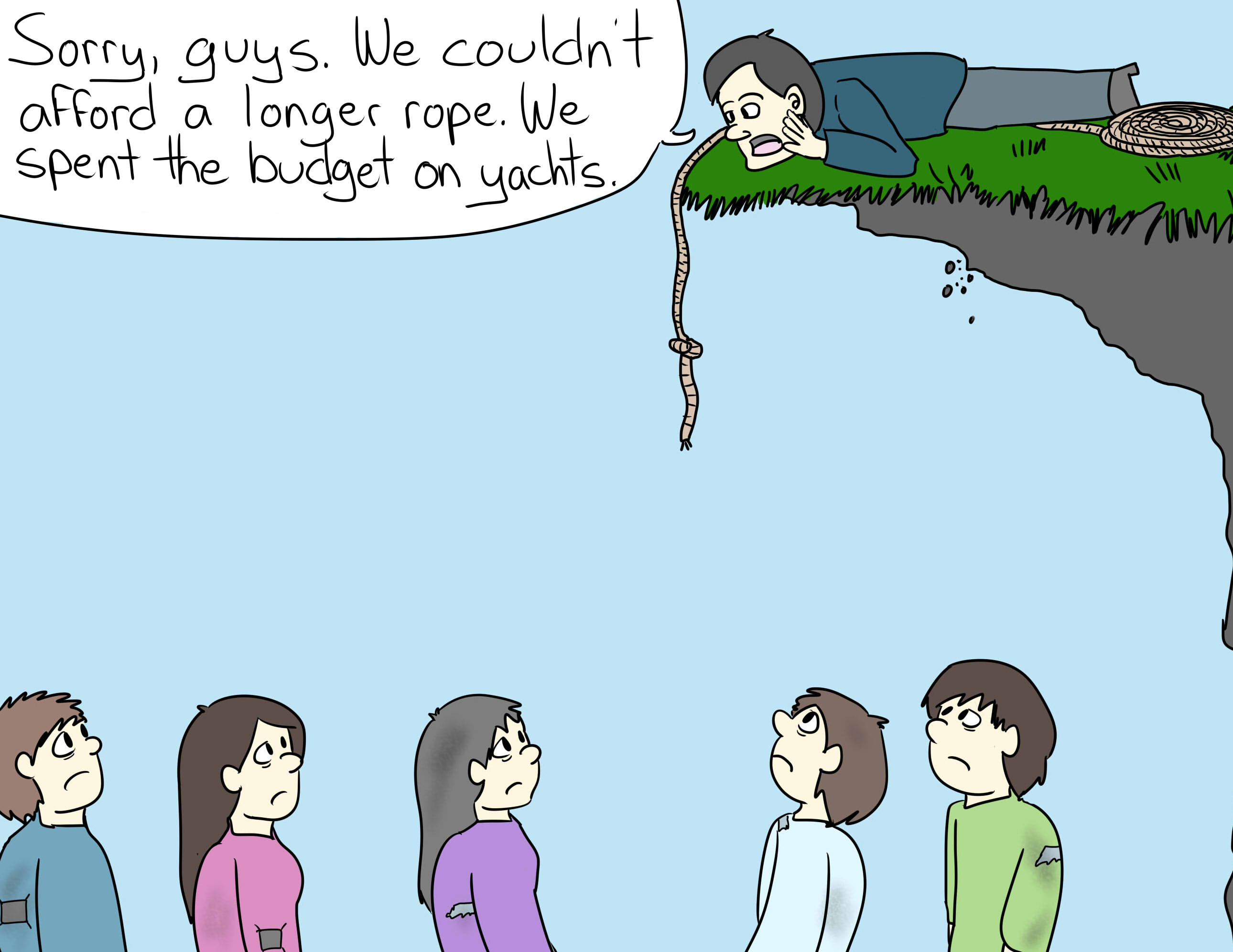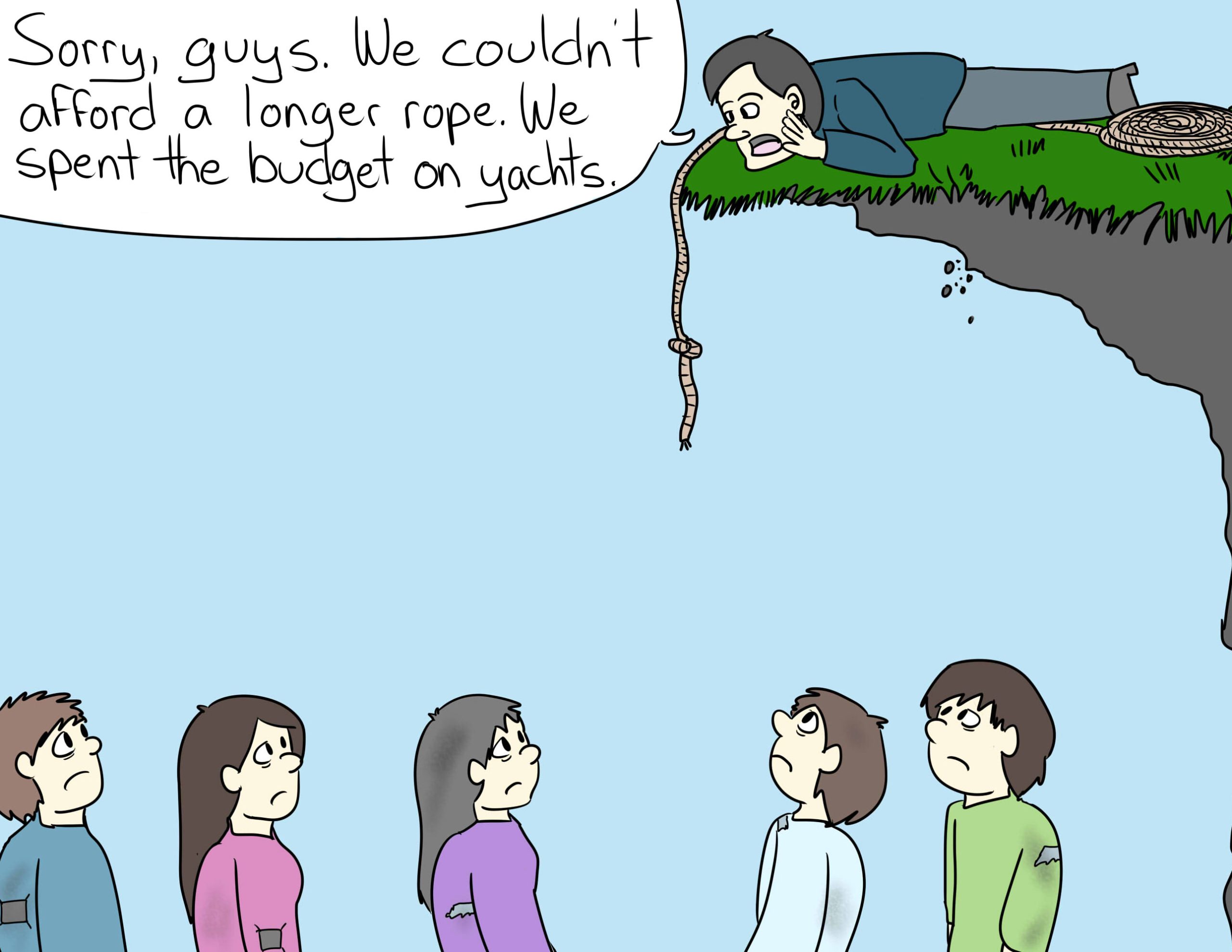
“Should you earn $1,000 monthly, you can manage a compact vehicle, occasionally treat your family to respectable eateries, and enjoy destinations like this on the weekends.” That was a casual remark from my Nicaraguan guide Pablo while we were at the viewpoint observing Lake Apoyo situated between Managua and Granada. “At that salary, you are considered middle class here.”
Indeed, Nicaragua is a financially challenged nation, and currently, not one I wish to reside in due to the Ortega regime, yet it represents one of numerous countries where $1,000 monthly equates to middle class by local metrics. Thus, if you’re earning a few thousand a month from a remote position, an online enterprise, or retirement income/savings, you will instantly elevate from middle class to “wealthy” if you settle in one of these locations or navigate them as a digital nomad.
I conduct an annual overview and specific country assessments on the most affordable places to live globally, and there’s one significant factor they all share: the majority of residents earn considerably less in that nation than the average citizen in yours. Consequently, your living expenses can be drastically reduced.
The overall concept really is that straightforward. If you originate from a nation where the median annual income surpasses $40,000 after taxes, as it does in the USA, Canada, or Australia, then you will undoubtedly perceive yourself as wealthier if you choose to reside in an area where the median income hovers around $12,000 yearly. Even if your income is solely from a Social Security or pension check.
Dropping further to a location where individuals earn $600 monthly might place you in the top 2% of income earners.
These official figures can be somewhat awkward, of course, particularly regarding median income, per-capita GDP, or daily consumption per capita. Some “work” isn’t accurately recorded, barter transactions aren’t included, and naturally, individuals tend to under-report their true income if it has tax implications. Nevertheless, whether an average worker in Nepal earns $200 or $800 annually doesn’t significantly alter my argument. Compared to the Nepalis, you’re affluent, even if your earnings are akin to that of a fast-food employee.
If you reside in a pricier location, however, the compensation you receive from your labor holds less value. Your purchasing power diminishes due to the elevated costs of nearly everything. Per-capita GDP might reach nearly six figures in Norway before taxes, yet upon relocating there, you’ll be spending significantly more on virtually anything you purchase. Additionally, the income tax is substantial (though it funds much improved governmental benefits).
While a substantial lunch in Cambodia could be around $3, that same meal in Norway might set you back $20, given the increased wage, rent, tax, and ingredient expenses. Thus, we need to evaluate the overall purchasing power: what individuals can afford based on the mean salary.
In the USA, health care expenditures must also be considered, which are exorbitant if you lack coverage through an employer health plan, applicable to many gig workers and self-employed individuals. This illogical, profit-driven system is not prevalent in the majority of the rest of the world. Furthermore, the situation is worsening as I document this in 2025 compared to prior years, with substantial reductions in social programs, support for rural healthcare facilities, and veterans’ benefits.
How Cost Adjustments Affect Expats
Returning to my travels in Nicaragua a decade ago. I was drafting several articles on assignment, so I was accompanied by an English-speaking guide who had been raised in Miami and returned to Nicaragua in high school. He aspires to return to the USA someday, to take his children to Disney World, yet he continues to live where he is. His utility bill typically ranges from eight to nine dollars. His home is fully paid off. His family enjoys a rich diet based on his earnings.
Now picture encountering that cost environment while arriving with thousands of dollars or euros monthly. I had coffee with a retired couple residing in Granada during my visit. “My pension alone is three to four times what the average Nica earns,” Jim shared. “We allocate around $1,800 monthly, which is considered lavish by local norms. We reside in an expansive, air-conditioned house with a swimming pool and pay $650 monthly in rent. We dine out whenever and wherever we wish.”
“Healthcare is so affordable here that we don’t even have insurance. We simply cover expenses as they arise. I had to go to the top hospital in Managua for surgery, and it was economical enough that I charged it,” he explained.
Another couple I spoke with for my book on living abroad started in Leon, Granada, before moving
